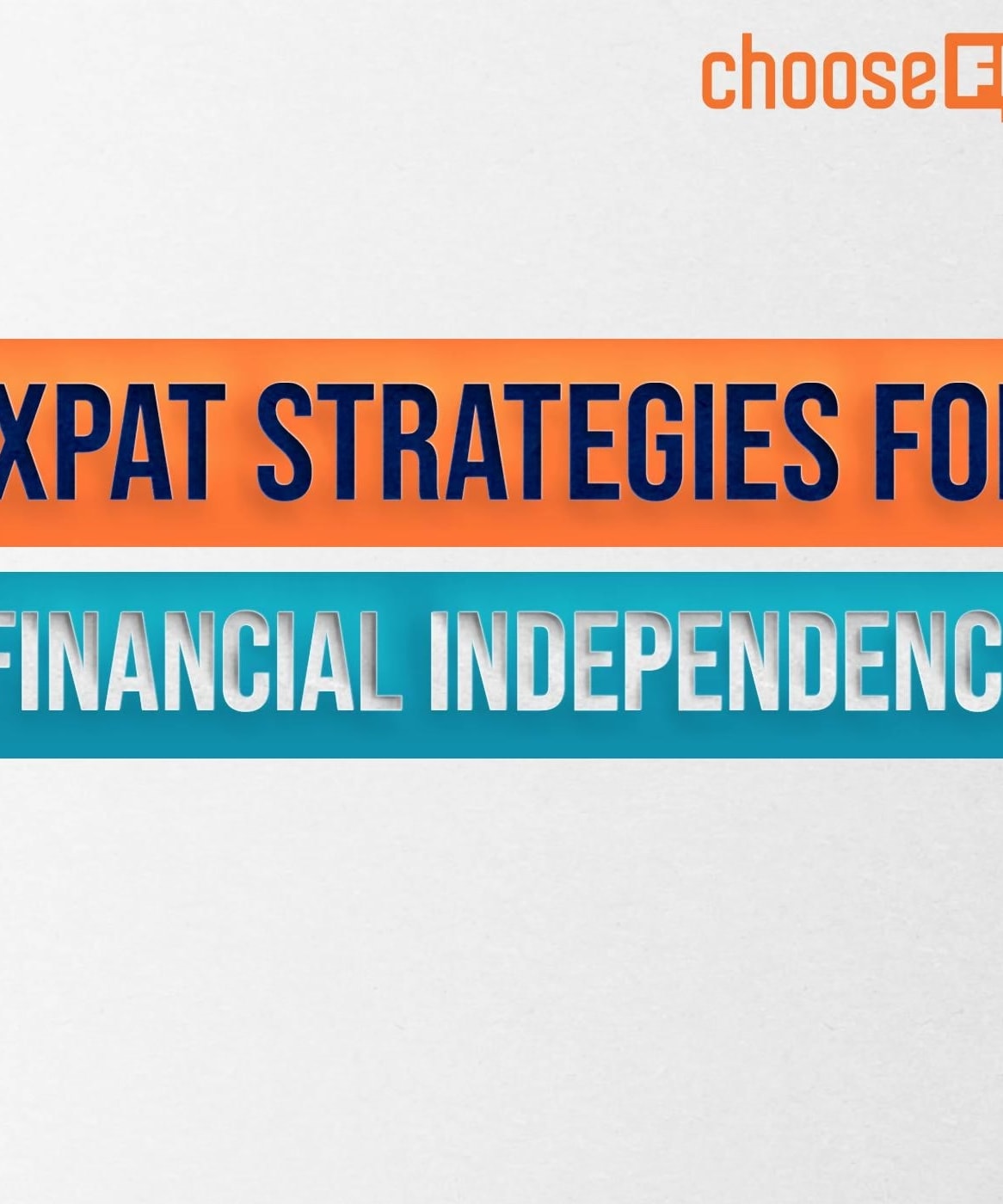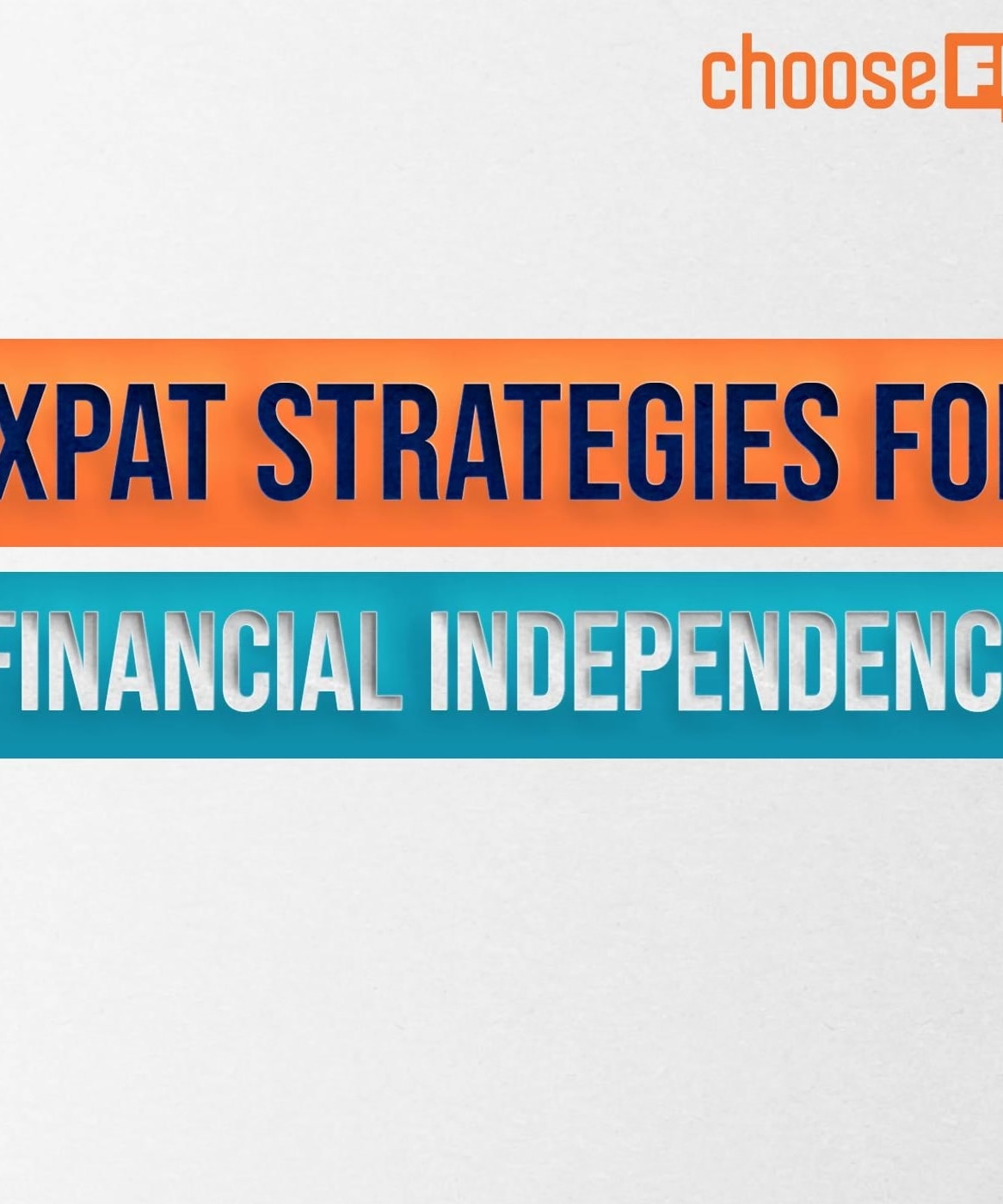What are the tax strategies for expats?
Sources:
Tax strategies for expats can vary significantly depending on the country of residence and the amount of time spent there. Here are some key strategies and considerations discussed by Brad Barrett and his guests:
-
Income Sourcing and Exclusion:
- Some countries, like Costa Rica, do not tax income sourced from outside their borders. If you earn money from a business set up in the United States while living in such a country, you typically wouldn't pay income tax in that country but would still be liable for U.S. taxes 1 .
-
Avoiding Local Taxes:
- One approach to minimize taxes is to structure your stays in various countries so that you do not hit the tax resident threshold, often around 183 days. This can keep local tax liabilities minimal while maintaining obligations to your home country 1 .
-
Geo-arbitrage:
- Understanding and using geo-arbitrage effectively can supercharge your path to financial independence. This involves using tax differences between countries to your advantage, often enhancing savings and investment opportunities 2 .
-
Navigating Foreign Earned Income Exclusion:
- The Foreign Earned Income Exclusion allows expats to exclude a certain amount of their foreign earnings from U.S. taxes, significantly reducing their tax burden. Leveraging this can be highly effective if you understand the eligibility requirements, such as the Physical Presence Test or Bona Fide Residence Test 3 .
-
Learning Local Systems:
- It's crucial to understand the tax system of your host country and how it interacts with U.S. tax laws. Services like Greenback Tax Services specialize in providing expats with this type of complex, cross-jurisdictional tax advice 4 .
-
Investment and Banking Challenges:
- Expats face unique challenges such as the requirement to report foreign bank accounts through the FBAR if total values exceed $10,000 at any time during the calendar year. Understanding these regulations can prevent potential legal issues and optimize financial planning 5 .
These strategies require careful planning and an understanding of both local and international tax laws to ensure compliance and optimize tax outcomes.
RELATED QUESTIONS-


